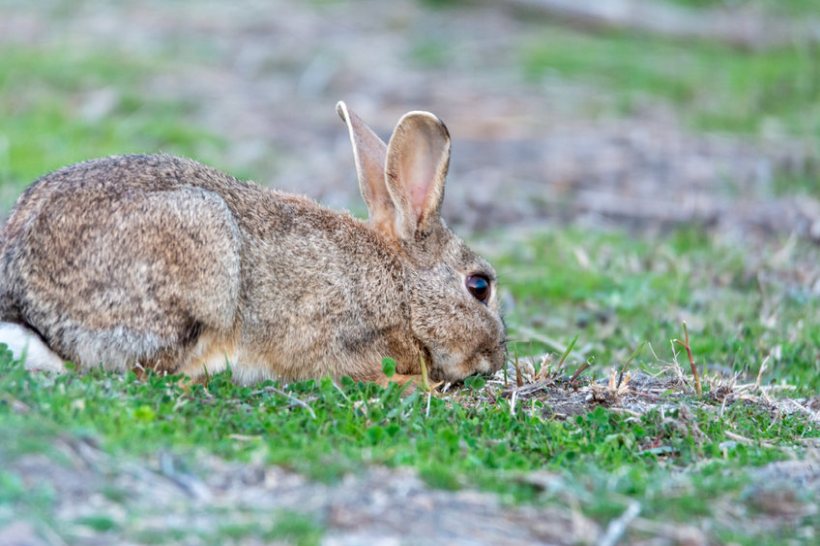
Invasive species such as European rabbit have cost the UK economy over £5bn over the past four decades, with the majority of costs due to farmland damage.
The grey squirrel, European rabbit and Japanese knotweed are among invasive species that have cost the economy billions over the past 40-50 years.
The startling figure makes the cost one of the highest totals in Europe, according to scientists at the Queen’s University Belfast.
The new study, published in NeoBiota, is the largest and most up-to-date combination of economic costs of biological invasions in the UK.
Invasive species, those introduced and spreading outside of their native range as a result of human activities, are a 'growing threat' to environments worldwide.
Environmental impacts of invasive species, one of the main causes of biodiversity loss, are well-studied. However, few studies have summarised their economic impacts.
First author by Dr Ross Cuthbert said the majority of costs were caused by direct damages, such as reductions in agricultural productivity and infrastructure repair costs.
"Very little was spent on the actual management of invasive species, and especially prevention of future invasions," Dr Cuthbert added.
“Worryingly, we also found that invasion costs are increasing rapidly over time and are likely to continue rising in future as more invasive species arrive in the UK.
"These costs are also severely underestimated, as very few of the known invasive species in the UK have reported economic costs (< 10%), indicating a lack of research effort and reporting of their detrimental impacts.”
To conduct their study, the researchers examined how costs in the UK were distributed across different invasive species, environments and cost types, and how they have changed through time.
They found that most of the cost was due to invasive animals and plants, such as the European rabbit, Japanese knotweed and waterweeds, and predominantly through agricultural or property impacts.
Invasive rabbits cause severe damage to agricultural areas by overgrazing, which affects both the growth and yield of key crops, especially considering grasslands and cereals. Their burrowing can also impact the quality of pastures.
Another invasive species is Japanese knotweed, which causes structural damage to property that is expensive to remediate and reduces house values substantially, the study said.
And invasive waterweeds can clog waterways, blocking access by watercraft, worsening flood risk and impeding recreational activities such as angling.
The researchers hope the study will raise awareness of the economic burden invasive species have on the economy for policy makers.
They said the study should promote greater management spending to prevent their damage on different sectors of the economy and ecosystems.
Dr Cuthbert added: “Investing in better biosecurity to prevent invasive species from arriving in the first place could reduce future economic impacts and be cheaper than future damages or long-term control.”
